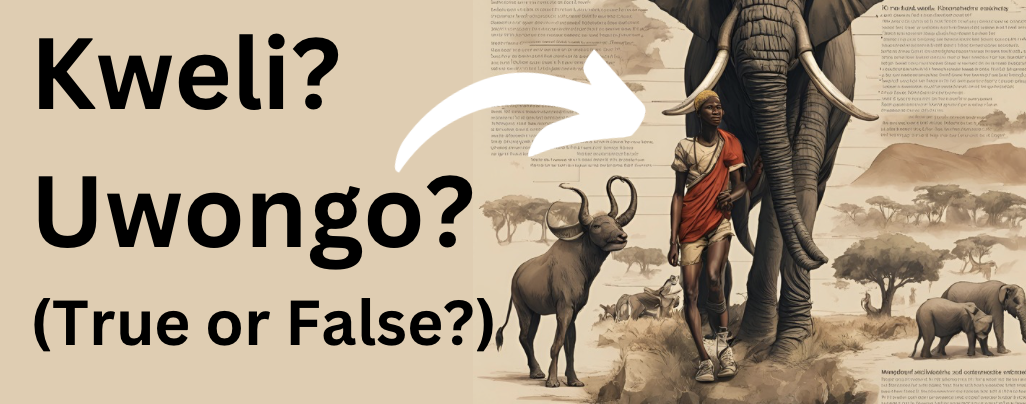
Why and how to test or validate theories and models?
Testing and validating theories and models is important to improve their quality and power and to increase confidence in their use. In the process of testing and validating, other theories or models are discarded, improved, strengthened and alternatives theories can emerge. Anyone can test any theory or model. There are several ways for testing and validating as follows:
- Workshop or seminar
- Baliano (experts panel consultation)
- Griot (expert consultation)
- Peer review (review by one or two experts in the field)
- Survey (short or long)
- Application of theory by researcher, educator or practitioner
- Measuring how much the theory is used over time
- Observe if what the theory says is happening in the family, community, society, environment or spiritually
- Community validation
- Compare with alternative theories
- Indaba (large group discussion)
- Dare (small group discussion)
- Philosophical analysis – assess how the theory fit the philosophy of Ubuntu (valuing family, communityness, societyhood, environment and spirituality)
- Analyse the application of the theory in other disciplines, for example humanities, STEM, arts etc
- Analyse the existence of the theory’s assumptions in orature (oral literature)
- Case study – an in-depth application of the theory in one instance or location
- Multiple studies – study of the application of the theory in multiple instances or locations
- Experiment
Results can be shared with users of the theory through seminars, publications, social media or other means.
The major benefits of testing African theories and models are that of increasing their use in research, teaching, learning and practice. The process of increases debate of theories, in the process improving quality and leading to emergence of new theories — creating more theorists. More importantly, more African theories find their way in classrooms, textbooks, guidelines, policies, journal articles, conferences and ultimately, they contribute African knowledge to global knowledges — reversing the current situation where students, researchers, academics and practitioners use more theories from outside.
Use the form below to subscibe to Owia Bulletin.
Discover more from Africa Social Work & Development Network | Mtandao waKazi zaJamii naMaendeleo waAfrika
Subscribe to get the latest posts sent to your email.


